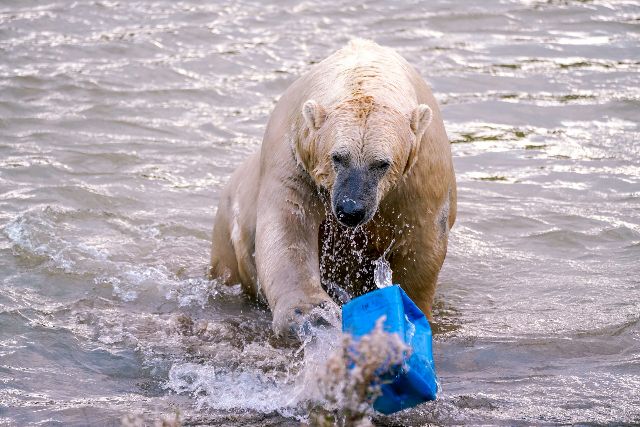
Climate change: a global emergency science can't ignore—or an overblown fear that clouds good judgme
When we hear about climate change, it can feel like a distant threat—something future generations will deal with. But that’s no longer the case. From scorching summers and sudden floods to shrinking winters and melting glaciers, the signs are already around us. Scientists across the world agree: this isn’t nature just being unpredictable—it’s a man-made crisis. Since the industrial age, greenhouse gas levels—especially carbon dioxide—have skyrocketed. That’s caused Earth’s average temperature to climb steadily, pushing ocean levels higher, making storms more violent, and disrupting ecosystems everywhere. The IPCC, a leading scientific body, states clearly that human activity is the main driver behind global warming. Supporters of urgent action say we still have time, but not much. They believe we need to act now—by putting a price on carbon, switching to solar and wind power, cutting coal use, and helping poorer countries adapt. They argue that big changes are necessary—and that global cooperation, like the Paris Agreement, is the only way to make those changes real. But critics aren’t denying climate change—they’re warning against rushing headfirst without thinking things through. What happens to the millions of jobs tied to fossil fuels? What about families who can’t afford higher energy bills? They also say the media often spreads fear without context, and that climate policies can be politicized instead of driven by real solutions. So the big question is this: How should we respond to climate change? Do we need bold, fast changes to protect the planet? Or should we move carefully, using innovation and strategy to avoid unintended harm? There may not be one right answer—but the choices we make today will shape the world we live in tomorrow. And that future may be closer than we think.
flo-mfw
Views 31 • 23days ago
Society